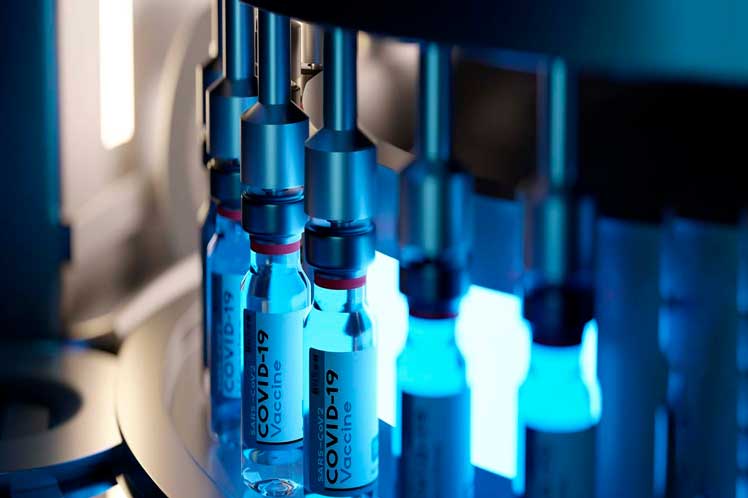“The international mRNA center is an important step in that direction, sharing technology and building on the scientific capacity and expertise that already exists in South Africa,” said WHO Director-General Tedros Adhanom.
In a visit to the facility under construction, together with several public and private partners collaborating with the initiative, the authority assured that it will complement this activity, while helping the rest of the African nations or those of low and middle income.
The global centers will act as training facilities where industrial-scale technology will be established and clinical development will take place, WHO explained in a statement released here.
They provide an huge opportunity for capacity building, while putting the continent on the path to self-sufficiency, WHO regional director Matshidiso Moeti said at the tour.
The facility will enable better protection against outbreaks, control the SARS-CoV-2 coronavirus and develop new immunizers by accelerating the elimination of deadly diseases such as human immunodeficiency virus (HIV), malaria and tuberculosis, she added.
“We are opening the door to better health and well-being for our people,” remarked the Botswana-born doctor, a graduate of the University of London, UK.
In the future, we need to share more licenses, technology transfer and knowledge so that, in this pandemic or in pandemics to come, we can deploy biologics quickly and equitably for the entire population, reflected Belgium’s Minister of Cooperation, Meryame Kitir.
For most of 2021, the limited planetary supply of drugs caused huge disparities in access to the Covid-19 vaccine, leaving billions of people unprotected against serious illness and death from the pandemic.
pgh/etc/mem/znc










